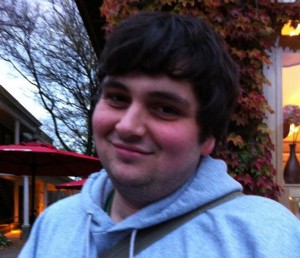The HASTAC 2014 conference is being held in Lima, Peru, this week! (April 24-27, 2014)
The conference is graciously hosted by the Peru Ministry of Culture in collaboration with HASTAC, the Organization of American States (OAS), and several other key partnering institutions from North, Central, and South America.
- Learn more about HASTAC 2014.
- Watch the Live Stream of HASTAC 2014.
- See the Organization of American States (OAS) Press Release.
- View the Conference Program (PDF).
Past HASTAC conferences have been held in Toronto, Ontario; Ann Arbor, Mich.; Urbana-Champaign, Ill.; Irvine and Los Angeles, Calif.; and Durham, N.C. For more information about HASTAC conferences, visitwww.hastac.org/about/conferences.
HASTAC is an international network of educators and digital visionaries committed to the creative development and critical understanding of new technologies in life, learning, and society. HASTAC is committed to innovative design, participatory learning, and critical thinking. To get involved, visit www.hastac.org.


Interesting. And I do think it is relevant also oudsite North America. There are multiple things at play here I guess. One aspect focused on in the above I think is the production of digital-only products (expressions, online articles, hypermedia pieces, tools etc). It is also important, I think, to discuss new objects of study that may also challenge the established disciplines, and the kind of cross-over, interdisciplinary theoretical zone which researchers/students would often draw on, and which may cause problems in relation to a traditional department. Other important issues include the assessed value of collaborative work practice, spending time in a lab (as opposed to an office) etc.